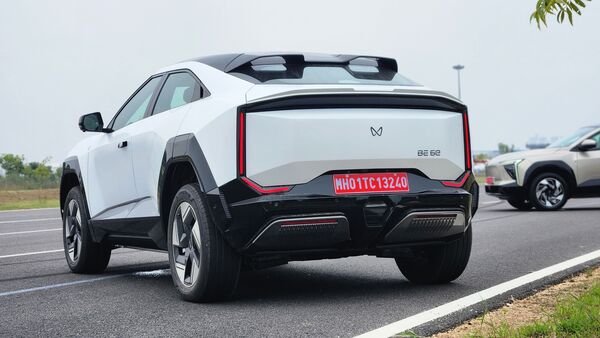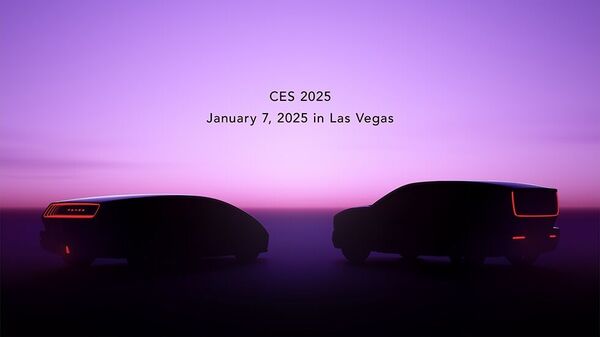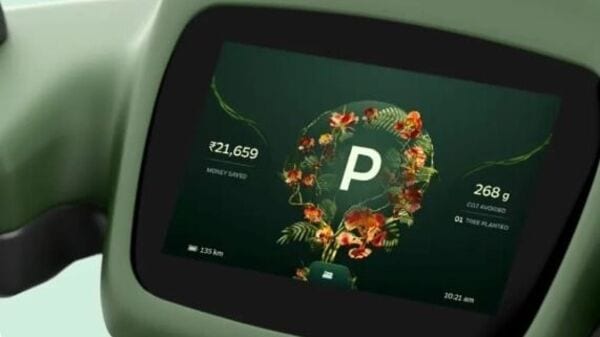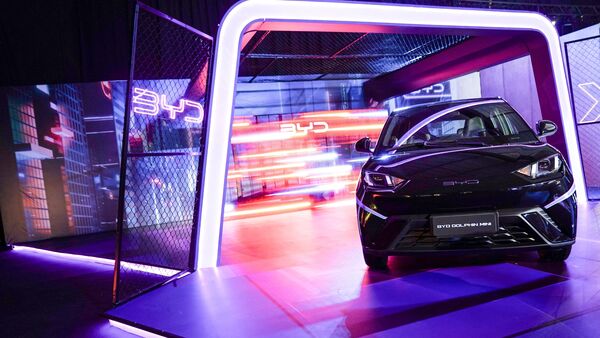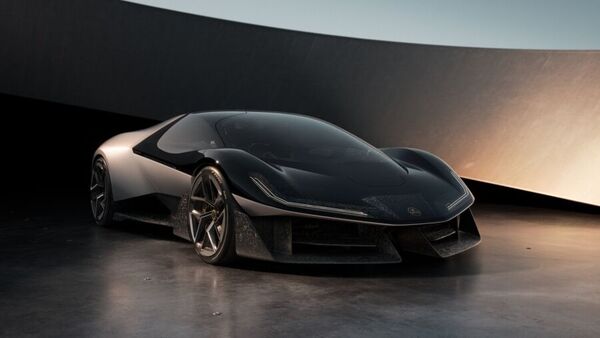
Lotus unveils 986 bhp Theory 1 EV concept showcasing futuristic design and tech, gives 402 km range
3 months ago | 25 Views
Lotus has unveiled its Theory 1 EV concept car and with this, the company aims to showcase the new design language and technology that it will be adopting for all future models. The SAIC-owned British brand’s new style sheet is called ‘DNA’, which stands for ‘Digital’, ‘Natural’, and ‘Analogue’. The Lotus Theory 1 debuts this new design ideology with a 986 bhp electric powertrain and a boat-load of futuristic tech.
The Lotus Theory 1 concept car is a three-seater, much like a Mclaren F1, and features an all-wheel drive platform with two electric motors and a 70.0 kWh battery pack that allows for a claimed 402 km of single-charge range.
The car is not going to be available for sale as it is a concept car and it is going to be used by Lotus for their research and development programmes as well as to showcase the driver technology that they intend to implement in the future.
Lotus Theory 1: Key highlights of the new concept car
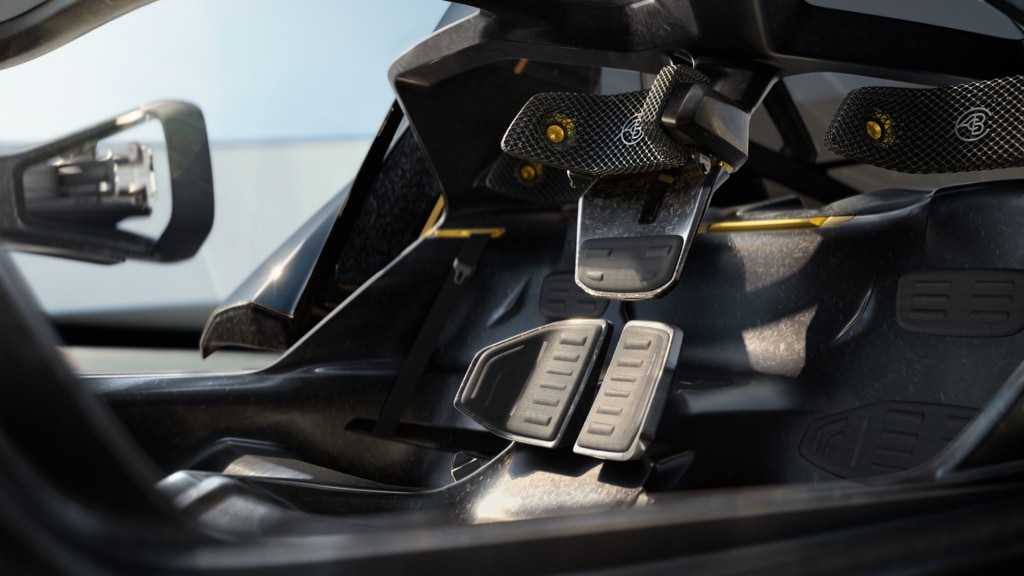
The Theory 1 EV is constructed on an AWD platform that positions the battery pack and the two electric motors as the stressed member of the car. This removes the need for Lotus to build a subframe for the Theory 1, mimicking the design of the iconic Lotus 49 F1 race car made for the 1967 season.
With the 70.0 kWh battery pack and two electric motors, this concept car promises to make 986 bhp of maximum power. The car claims a top speed of 325 kmph and can sprint 0-100 kmph in under 2.5 seconds.
The car is designed to achieve a very low centre of gravity and it aims to enhance stability even further with advanced active and passive aerodynamic elements. It has an active rear spoiler that is mounted on to the motor and suspension setup. This ensures that the downforce generated is acting directly on the suspension mounts, minimising loss as much as possible.
The Lotus Theory 1 uses what seems to be a futuristic proprietary driver system called ‘Lotuswear’, which is touted as a “system that aims to deliver a personalised experience to every occupant in the car." This uses what the brand describes as lightweight, robotic textile material on the steering wheel and seating to convey information to the occupants through haptic feedback.
One example that Lotus provided to highlight its use case was navigation through haptic feedback. The steering wheel would give off subtle vibrations on the left or right side to tell the driver when and in which direction to turn.
The Lotus Theory 1 is not going into production anytime soon and the brand does not have any plans to do so. It is very likely that some of the concepts showcased in this vehicle may make it to production models in the future. To this end, the upcoming Type 135 is expected to feature some of these design and tech concepts when it eventually debuts in 2028.
Read Also: From Mahindra XUV700 to Tata Safari: Here are top alternatives for 2024 Hyundai Alcazar
HOW DID YOU LIKE THIS ARTICLE? CHOOSE YOUR EMOTICON !
#

